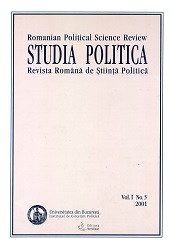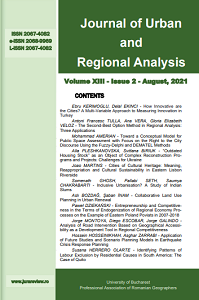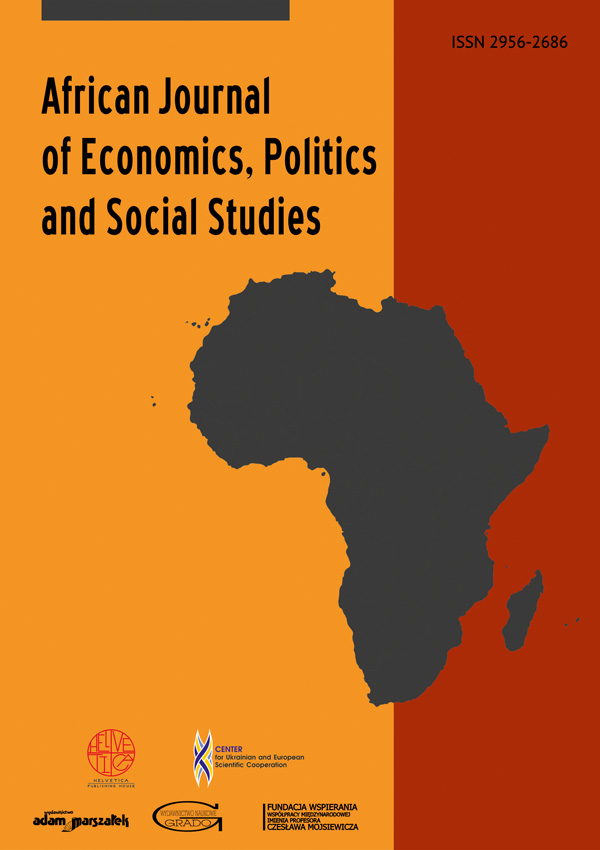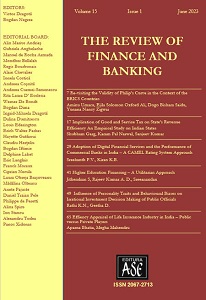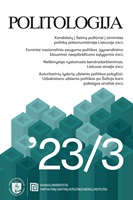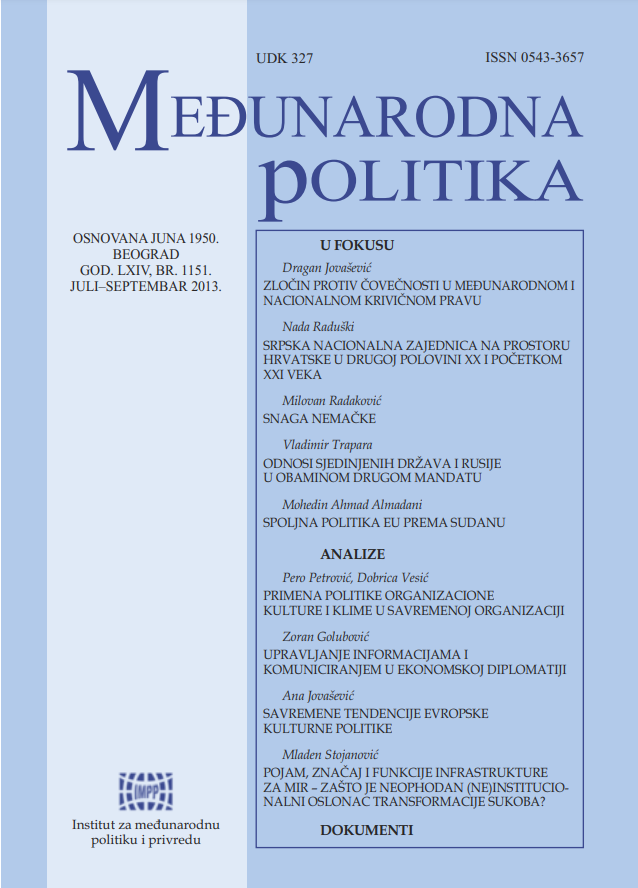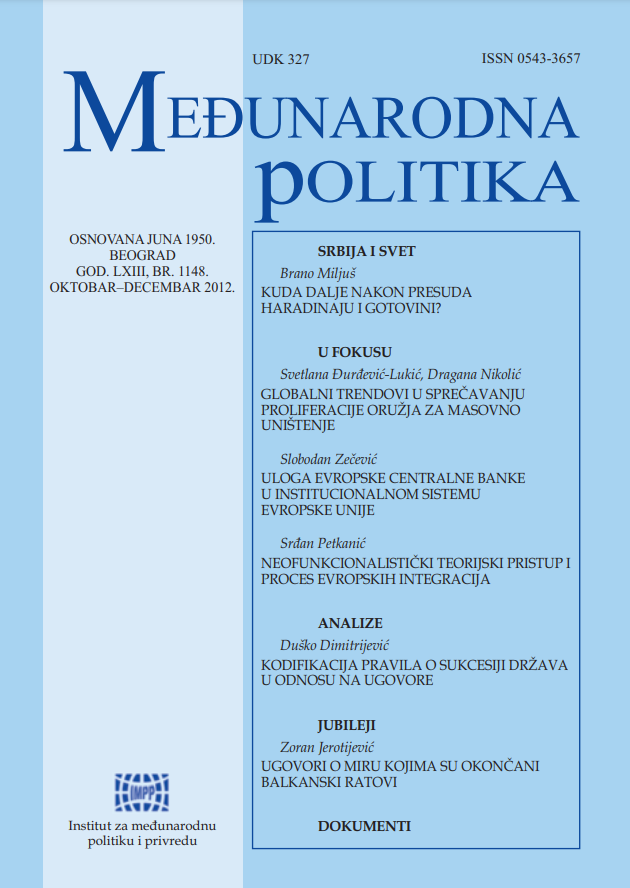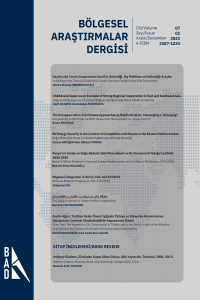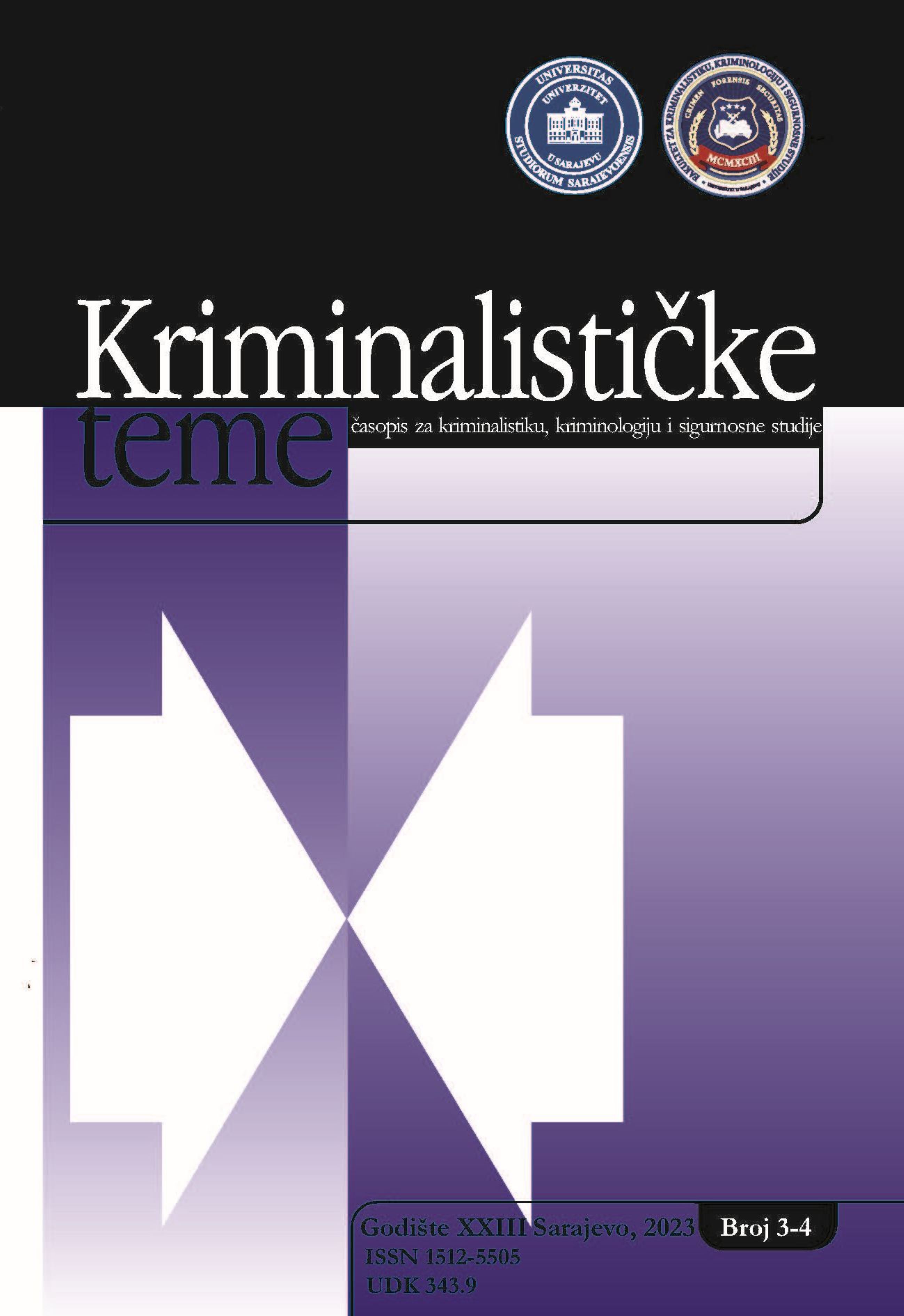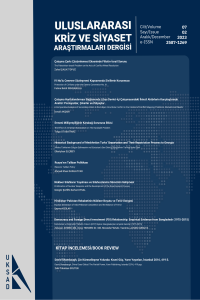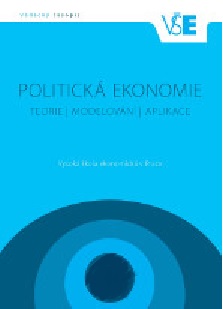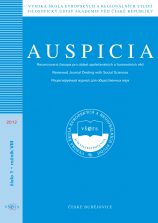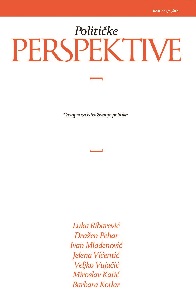
Effects of production relocation on human resources
Extensively discussed and analyzed (many times controversial), globalization is accepted as an objective phenomenon, by its size and unrivaled evolution in the world history. Both globalization and regionalization have emerged and developed as a result of the unprecedented intensification of competition among economic agents, countries or regions. Many countries have been helped to develop at a much faster pace than they would have normally done under other circumstances. An advantage of the accelerated development of their economies was explained by reducing barriers to international trade (as a globalization effect). The international trade can significantly contribute to the growth of a nation, and on its turn,being influenced by the exports, represents the central component of a state’s economic policy, one that contributes to improving living standards of millions of people and to the national development. (Drucker, P.,1997). However, this requires a shift of the human factor from one area of the world to another. The temporary or permanent migration, driven by the economic development, may still be an important element to strengthen the power of certain economies on the detriment of others? Absolutely. In fact, the economic future will be a regionalization of wealth in other areas than those well known. And this will lead or amplify,at every level, the social, politic, economic and even military confrontations.
More...
